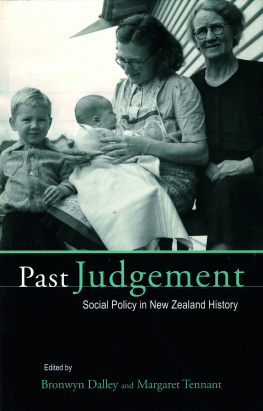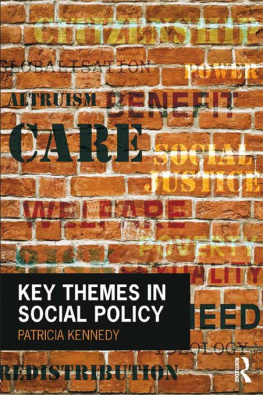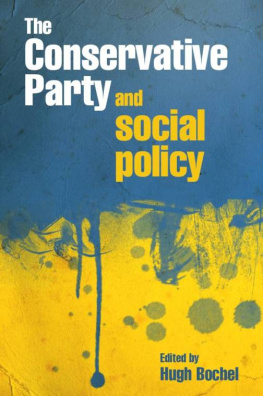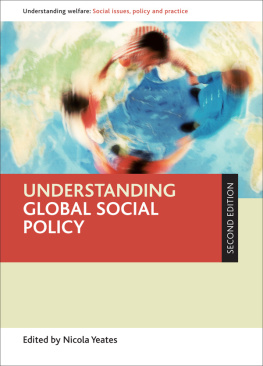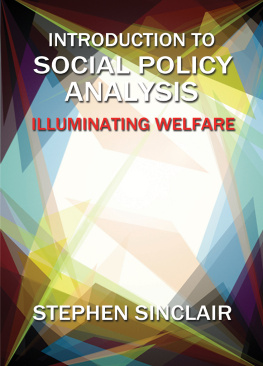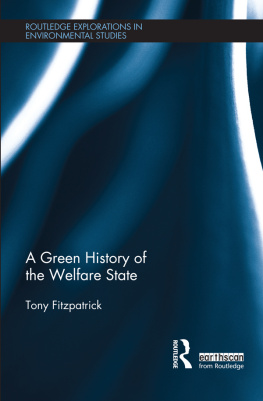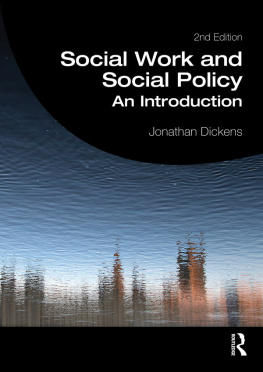To W.H. Oliver
Published by University of Otago Press
Level 1, 398 Cumberland Street,
Dunedin, New Zealand
Fax: 64 3 479 8385. Email:
First published 2004
Volume copyright Bronwyn Dalley and Margaret Tennant 2004
Essays copyright Individual Authors as in the table of contents 2004
ISBN 1 877276 57 X (print)
ISBN 978-0-947522-49-0 (Kindle Mobi)
ISBN 978-0-947522-50-6 (EPUB)
ISBN 978-0-947522-51-3 (ePDF)
Cover image: A family from Kumara, Westland. ATL 1/4-001040
Ebook conversion 2017 by meBooks, Wellington, New Zealand
Contents
Preface
Research in the archives of the welfare bureaucracy or voluntary organisation can be an unsettling experience. Academic detachment is ruptured by the immediacy of narratives conveying deprivation, the most rancorous interpersonal conflict, and basic injustice. Individual stories surface even where we think we are dealing with abstract policy formation, but case materials are often the most poignant. These stories also introduce us to individuals who tried to do something about such matters, sometimes in ways that today we judge as incomprehensible, flawed, or perhaps cruel. Frequently, we have to acknowledge the efforts of fundamentally decent men and women who, at no small cost to themselves, tried to help others. Sometimes these people altered the course of society, and their lives might have been considerably more comfortable had they not responded to the needs they saw. They are not past judgement, but the verdict of the present needs to take account of time and context, and to include an awareness of contemporary difficulties in dealing with social needs; we need to move beyond simply judging the past, to understanding it.
As welfare historians, we have also had the experience of delving into historical materials, comfortably distant from our present preoccupations, only to find in them very immediate echoes of contemporary discourses. Margaret Tennants PhD thesis focused on the charitable aid system operating in New Zealand at the end of the nineteenth and early twentieth centuries. In the lengthy annual reports of the Inspector-General of Hospitals and Charitable Institutions (they might well be termed diatribes) were condemnations of loafers, degenerates and brazen-faced beggars of the female sex which resurfaced in 1970s concerns about dole bludgers and solo mums. Bronwyn Dalleys study of twentieth-century child welfare revealed a long history of attempts by the state to work through families to resolve welfare issues. Each generation of social workers saw their own system as unique, and superior to anything tried before; family solutions to family problems reverberated through the records of welfare agencies.
More recently, we have seen denunciation of past mistreatment in welfare institutions. There have been calls to respond to those now seen as victims of physical and sexual abuse, child migration schemes and foster care. The notion of the past as a foreign country is overworked, but it reminds us that the context of welfare practices and expectations of what could realistically be achieved have changed, often radically. Those of us who teach in the area of social policy are struck by the certainty with which students future practitioners can leap to judgement about their predecessors. But the speed with which values and practices change, especially in a small country where the range of debate may be narrower than in more diverse societies, suggests that todays ideal may well be tomorrows abuse.
The history of social policy in New Zealand has increased in range and depth over the past two decades. A collection such as this would have drawn substantially upon thesis research in the 1980s. Over the 1990s a number of government social service departments had their histories written and a handful of non-profit organisations have also commissioned studies of their past activities. Past Judgement brings together recent research in a range of social policy contexts. It does not aim to offer comprehensive coverage of social policy, but it has particular strengths. The first set of essays surveys two centuries of specific issues: Tennant on welfare history and on government and the voluntary sector, Michael Belgrave on the welfare state, Peter Lineham on religion and social policy, Derek Dow on Maori health research and Warwick Brunton on mental health. The other chapters are more focused with regard to time or issues: Gaynor Whyte on old-age pensions, Margaret McClure on social security, Linda Bryder on Plunket New Zealands most historically significant voluntary organisation Dalley on child abuse, Bronwyn Labrum on discretionary social welfare, Aroha Harris and Danny Keenan on social policy as it affected Maori, and Merv Hancock on his social work experience and family policy. One emphasis is the period after World War II, a previously under-researched era often regarded as a rather dull one for social policy, as for society as a whole. The collection explores how policies were put into effect, and the interface between consumers and providers of services. It highlights the role of the voluntary and community sector, as well as government actions, suggesting a co-operation and complementarity in many areas that challenge traditional notions of welfare sectors.
The writers in this collection share an awareness of the links and tensions between past and present. Some have been policy-makers, others have actively contributed to social services as paid workers and volunteers, while Merv Hancock, the subject of the final interview, has operated in all these contexts. The majority of the contributors are themselves children of the welfare state and unease is implicit or explicit in their analyses of developments over the late 1980s and early 1990s. The contributors research has been generated in academic and professional history contexts, and it is, in most cases, the product of a very grounded interest. While making no claims to predict the future, these essays illustrate the complex dynamics behind past policy decisions and their implementation; here is a context for understanding the present.
As editors of the collection, we would like to acknowledge our respective institutions, Massey University and the Ministry for Culture and Heritage, which have in various ways facilitated our involvement with this volume. Between 2000 and 2002 Margaret Tennant also benefited from a grant from the Marsden Fund administered by the Royal Society of New Zealand, and for this she wishes to express particular appreciation. Historians in New Zealand are eligible for very few individual grants of the level made through the Marsden Fund: they are precious and enormously valued by recipients. We would also like to thank the various libraries and archives that assisted us, and fellow contributors, in our research, and Wendy Harrex of University of Otago Press for showing faith in the project.
MARGARET TENNANT and BRONWYN DALLEY
1: History and Social Policy
Perspectives from the Past
Margaret Tennant
Social policy has been variously defined. In a recent text it involves actions which affect the well-being of members of a society through shaping the distribution of and access to goods and resources in that society. The role of the market and the voluntary and community sector, and their interface with government are now an integral part of most discussions of social policy. And an effect of developments of the late 1980s and 1990s has been to consider things deliberately not done by government and other social service sectors. This reminds us that theories, definitions and approaches to study are themselves products of a particular historical context and need to be historicised. The concept of social policy itself has a history, and although the term is a product of the twentieth century, debates about pathways to social well-being are not. The historiography of welfare probes and itself reflects these debates this volume falls within a longer historiographical tradition which has been played out at popular as well as academic levels.

